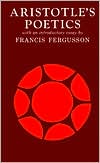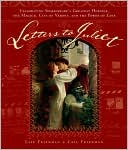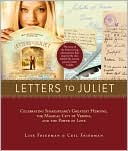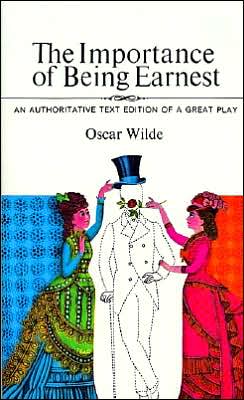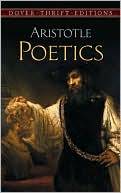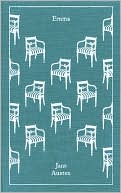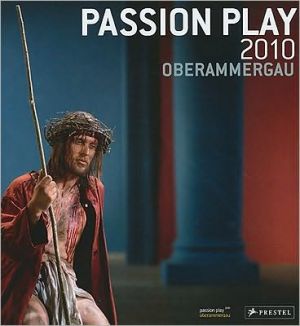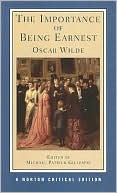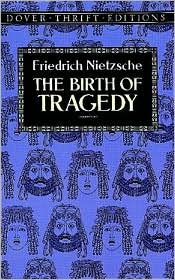Aristotles Poetics: Translation and Analysis
Introduced by Francis Fergusson, the Poetics, written in the fourth century B.C., is still an essential study of the art of drama, indeed the most fundamental one we have. It has been used by both playwrights and theorists of many periods, and interpreted, in the course of its two thousand years of life, in various ways. The literature which has accumulated around it is, as Mr. Fergusson points out, "full of disputes so erudite that the nonspecialist can only look on in respectful silence."...
Search in google:
Introduced by Francis Fergusson, the Poetics, written in the fourth century B.C., is still an essential study of the art of drama, indeed the most fundamental one we have. It has been used by both playwrights and theorists of many periods, and interpreted, in the course of its two thousand years of life, in various ways. The literature which has accumulated around it is, as Mr. Fergusson points out, "full of disputes so erudite that the nonspecialist can only look on in respectful silence." But the Poetics itself is still with us, in all its suggestiveness, for the modern reader to make use of in his turn and for his own purposes.Francis Fergusson's lucid, informative, and entertaining Introduction will prove invaluable to anyone who wishes to understand and appreciate the Poetics. Using Sophocles' Oedipus Rex, as Aristotle did, to illustrate his analysis, Mr. Fergusson pints out that Aristotle did not lay down strict rules, as is often thought: "The Poetics," he says, "is much more like a cookbook than it is like a textbook of elementary engineering." Read in this way, it is an essential guide not only to Sophoclean tragedy, but to the work of so modern a playwright as Bertolt Brecht, who considered his own "epic drama" the first non-Aristotelian form.Library JournalThis useful book, an extended study of the Poetics , treats such subjects as Aristotle's general aesthetic views; mimesis; pity, fear, and katharsis; recognition, reversal, and hamartia; tragic misfortune; the nontragic genres; and the historical influence of the work. Aristotle emerges as holding a deeply cognitivist view of poetry and as rejecting the attempt to judge art primarily by external (e.g., moral, political) criteria; his call for the relative autonomy of art, however, neither commits him to an aestheticist view nor prevents him from attributing to art a significant moral dimension. Halliwell's attempts to keep Plato in close view and to keep the Poetics within the context of Aristotle's philosophy as a whole are illuminating. For academic collections. Richard Hogan, Philosophy Dept., Southeastern Massachusetts Univ., N. Dartmouth
Introduction to 1998 editionAbbreviationsIThe Setting of the Poetics1IIAristotle's Aesthetics 1: Art and its Pleasure42IIIAristotle's Aesthetics 2: Craft, Nature and Unity in Art82IVMimesis109VAction and Character138VITragedy and the Emotions168VIIFallibility & Misfortune: The Secularisation of the Tragic202VIIIThe Chorus of Tragedy238IXEpic, Comedy and Other Genres253XInfluence & Status: the Nachleben of the Poetics286App. 1The Date of the Poetics324App. 2The Poetics and Plato331App. 3Drama in the Theatre: Aristotle on Spectacle (opsis)337App. 4Aristotle on Language (lexis)344App. 5Interpretations of katharsis350Bibliography357Index365
\ Library JournalThis useful book, an extended study of the Poetics , treats such subjects as Aristotle's general aesthetic views; mimesis; pity, fear, and katharsis; recognition, reversal, and hamartia; tragic misfortune; the nontragic genres; and the historical influence of the work. Aristotle emerges as holding a deeply cognitivist view of poetry and as rejecting the attempt to judge art primarily by external (e.g., moral, political) criteria; his call for the relative autonomy of art, however, neither commits him to an aestheticist view nor prevents him from attributing to art a significant moral dimension. Halliwell's attempts to keep Plato in close view and to keep the Poetics within the context of Aristotle's philosophy as a whole are illuminating. For academic collections. Richard Hogan, Philosophy Dept., Southeastern Massachusetts Univ., N. Dartmouth\ \ \ \ \ BooknewsPivoting on the argument that at its heart lies a philosophical urge to work out a secularized understanding of Greek tragedy, Halliwell (Greek, U. of St. Andrews, Scotland) offers a sustained interpretation of the . He assumes no knowledge of Greek. The 1986 edition published by Gerald Duckworth and Company is here reprinted with a new introduction. Annotation c. Book News, Inc., Portland, OR (booknew.com)\ \ \ B. R. ReesA work which must become essential reading no only for all serious students of the Poetics, including those who, like [this] reviewer, have dabbled in it from time to time, but also for those (the great majority) who have prudenty fought shy of it altogether.\ — Classical Review\ \
